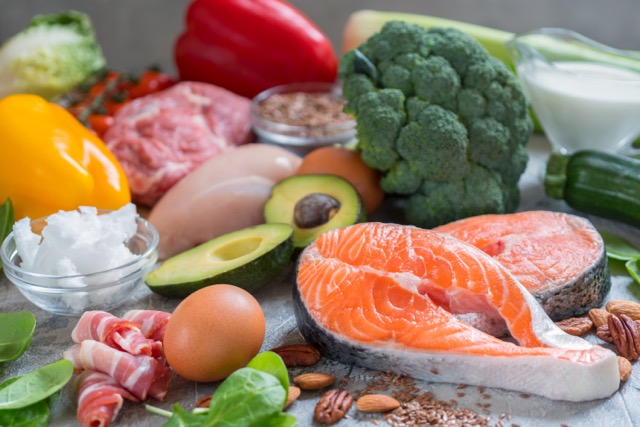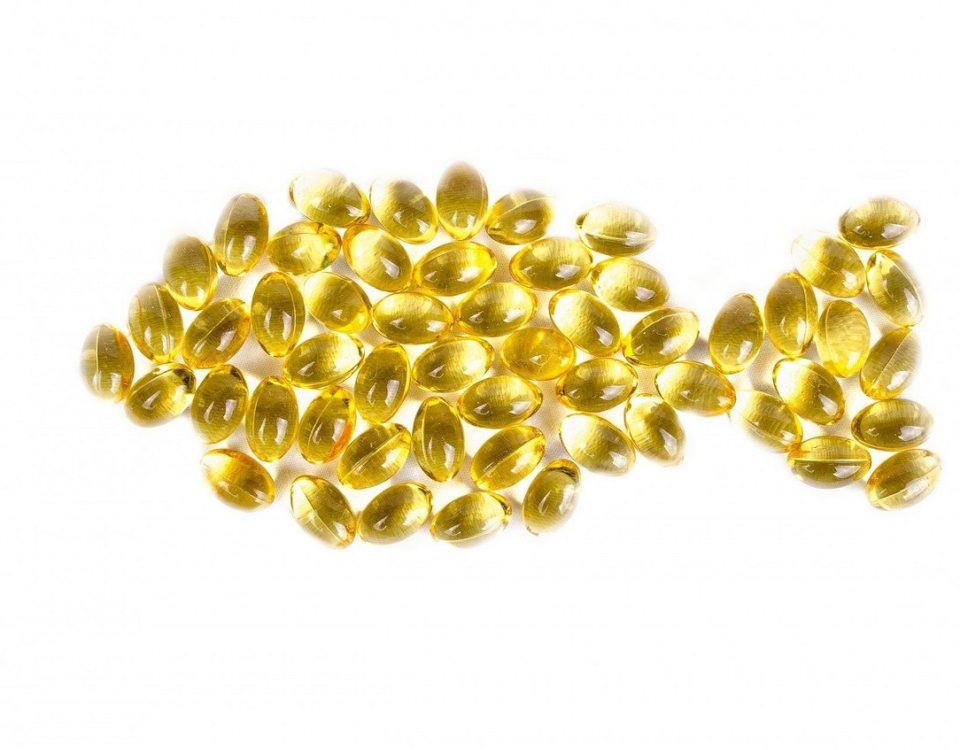7 Foods for Gentle Detoxification Support

By Kate Swords, CNS
Functional Medicine Nutritionist
There is no gentle way of putting this, so we may as well just face it: we are all toxic. Scientists estimate that the average adult carries at least 700 toxins within his or her body. How well we can effectively deal with these toxins and toxicants has to do with the amount of exposure, our genetic predisposition for producing detoxification enzymes, and proper nutrition. When we are not able to clear toxins quickly or efficiently enough, the toxic burden on the body becomes problematic. This can lead to weight gain, fatigue, chronic pain, brain fog, allergies, headaches, insomnia, autoimmunity, digestive issues, sugar dysregulation…. you get the idea.
So where do all these toxic compounds come from? Well, everywhere. Some of these are from external sources such as pesticides in food, pollutants in our water and air, airborne biologicals like mold and pollens, plastics, heavy metals, and alcohol. Other substances are made by our bodies, such as cholesterol or hormones, that serve a purpose and then need to be eliminated.
We typically recommend working in a short detox at least once or twice a year, ideally at the change of the seasons in spring and fall. The truth is, it is most helpful when incorporated on a regular basis. Every day we should be trying to stop new toxins from coming into the body and working to get accumulated toxins out of the body. One really simple way to do this is through food. A nutritious diet provides us with key nutrients that support our innate detoxification processes.
Cruciferous vegetables
This family of vegetables (also known as brassicas) includes broccoli, cauliflower, cabbage, kale, Brussels sprouts, and Bok choy. Among their many nutrients are two major health-promoting compounds, sulforaphane and indole-3-carbinol. These help to neutralize and eliminate carcinogens and metabolize estrogens in a healthy way. Crucifers activate detoxification enzymes, increasing the clearance of toxins from the body. They support the immune system and are great sources of fiber.
Be cautious not to have your broccoli on heat for too long – certain enzymes that convert broccoli compounds to anti-cancer substances are destroyed after ten minutes of cooking!
Garlic and Onions
Allium vegetables like garlic, onions, leeks, chives, shallots, and scallions contain sulfur compounds that enhance liver detoxification, which helps to eliminate toxins and inhibit carcinogens. These heavy hitters are also anti-microbial and anti-inflammatory.
Garlic has its own ten minute rule. After you crush, chop or mince your garlic, make sure to keep it away from heat for at least ten minutes. This allows for the compound alliin and the enzyme alliinase to combine to form allicin. Allicin is more heat stable and allows the garlic to retain its anti-cancer and overall health benefits.
Flaxseed
An important piece of detoxification is elimination. Healthy, well-formed bowel movements ensure that the toxins we are working hard to eliminate are getting excreted in the stool. Fiber grabs onto these compounds, helping to prevent reabsorption. Flaxseeds are high in fiber, antioxidants, and anti-inflammatory omega-3 fatty acids. They have cancer-preventing compounds called lignans and can help with estrogen metabolism. Flaxseeds can be easily added to smoothies, oatmeal, soups, salad, or salad dressings.
Green tea
Green tea is a potent antioxidant that aids the liver in clearing toxins from the blood, helps fat-soluble toxins get eliminated with stool, and promotes fat loss. Regular use has been associated with reduced rates of various cancers such as stomach, prostate, and ovarian. Green tea is also beneficial for mental functioning, heart health, and promoting balanced intestinal flora.
Dark Leafy Greens
Dark leafy greens like Swiss chard, spinach, beet greens, radicchio, cilantro, and parsley are nutrient-dense and incredibly therapeutic. Their higher levels of chlorophyll help purify the blood and increase the excretion of chlorinated pollutants from the body. Greens are easy to incorporate in smoothies, salads, soups, and sauteed dishes.
Berries
The polyphenols in berries that give them their bright colors are also what promote healing. They are high in antioxidants and help to prevent oxidative damage to tissues, which toxins play a big part in.
Berries tend to be high in fiber (with raspberries being the star pupil) and can assist with toxin elimination though stool. Fun fact, freezing berries breaks down their cell walls and makes the berry pigments even more available than when they are fresh. A half-cup of frozen berries daily is a great addition to your diet.
Turmeric
Turmeric gets a lot of love, and for good reason. It has repeatedly demonstrated its ability to protect the liver from powerful toxins. It can boost phase two detoxification and glutathione, our master antioxidant whose activity is important to nearly every system in the body. Turmeric, and its major constituent curcumin, is used in both Chinese and ayurvedic medicine as an anti-inflammatory herb and in the treatment of many conditions.





